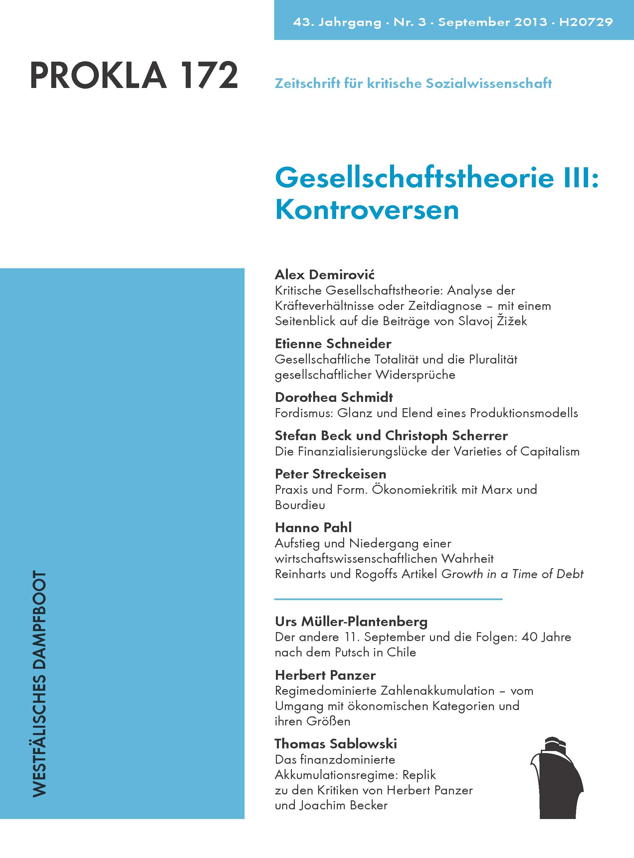Fordismus: Glanz und Elend eines Produktionsmodells
DOI:
https://doi.org/10.32387/prokla.v43i172.257Schlagworte:
Fordismus, Produktionsmodell, GesellschaftstheorieAbstract
In the last decades, the concept of fordism has grown in popularity especially among left social scientists. Its aim is to explain certain historical forms of capitalism, notably the period of growing affluence of the working class which started in the 1930s in the US and in the 1950s in Western Europe, which is seen as a new connection of mass production and mass consumption, framed by an interventionist type of political regulation. As the term suggests, the origin of the model is attributed to Henry Ford and his innovation of the assembly line in the Ford Motor Company before 1914. Against this common view, it is argued that the success of Fords production model was limited, and that the later rising prosperity of workers in different countries is not to be explained by the dissemination of assembly lines, but by different types of rationalization and the ability of a then strong working class to enforce its demands of sharing the productivity gains by shorter working time and higher wages.






